
Zinc is one of the most vital and important minerals that every body must have in order to function properly. The main benefit of zinc is that it facilitates the production of hundreds of enzymes that the body needs, which are all responsible for regulating one bodily function or another. If a zinc deficiency is diagnosed, it is important to begin treating it immediately in order to prevent the damage of these bodily functions.
Zinc is a vital trace element that is needed by the cells and it helps the immune system, helps with protein synthesis, cell reproduction and helps in healing wounds. Zinc also helps a lot in fertility and conception, but there are dozens more bodily functions that it is crucial for. Meat, poultry, dairy, beans, grains and nuts are all very rich in zinc content.
Even though it is present in so many foods that people regularly eat, the problem is that only 30 percent of the zinc taken in by the human body is actually absorbed. The elderly, mothers and young children should be careful about zinc deficiency the most, because they most commonly develop such a condition. Gastrointestinal malabsorption can also lead to zinc deficiency.
The symptoms of these conditions always vary, and they are often very different from person to person, therefore, very difficult to spot easily as well. Once the symptoms are present, they tend to get worse with time. There are many symptoms of zinc deficiency, some of which include sleep disturbances, dandruff, slow healing of wounds, diarrhea, skin lesions, acne, hair loss, hyperactivity, inflammation of the nail cuticles, loss of appetite, loss of sex drive, disturbances in the menstrual cycle, lowered fertility levels, and skin dryness.
Naturally, the best way to treat zinc deficiency is to increase one’s consumption of foods that are rich in zinc. Oysters, nuts, peas, meat, eggs, and pumpkin seeds are enjoyable and readily available examples of foods that can help in treating the condition. If the deficiency is severe, then it might be a good idea to begin taking zinc supplements. There are two supplements available currently, zinc sulfate and zinc glaciate.
It is also important to take in a lot of vitamins such as A, E and B6, as well as minerals like magnesium and calcium. All of these can help with the absorption of the zinc into the body; therefore, if all of these are consumed on a daily rate, then there should be no problems and worries about developing a zinc deficiency.


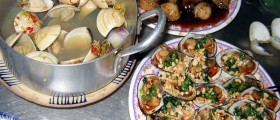

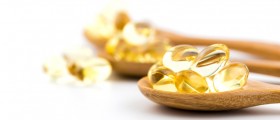
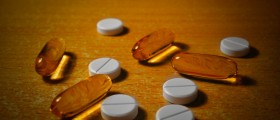




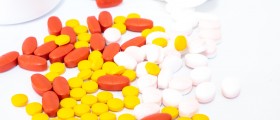


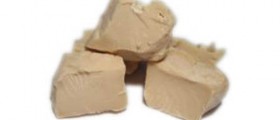
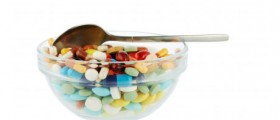
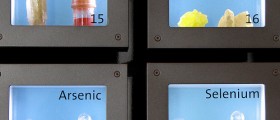

Your thoughts on this
Loading...